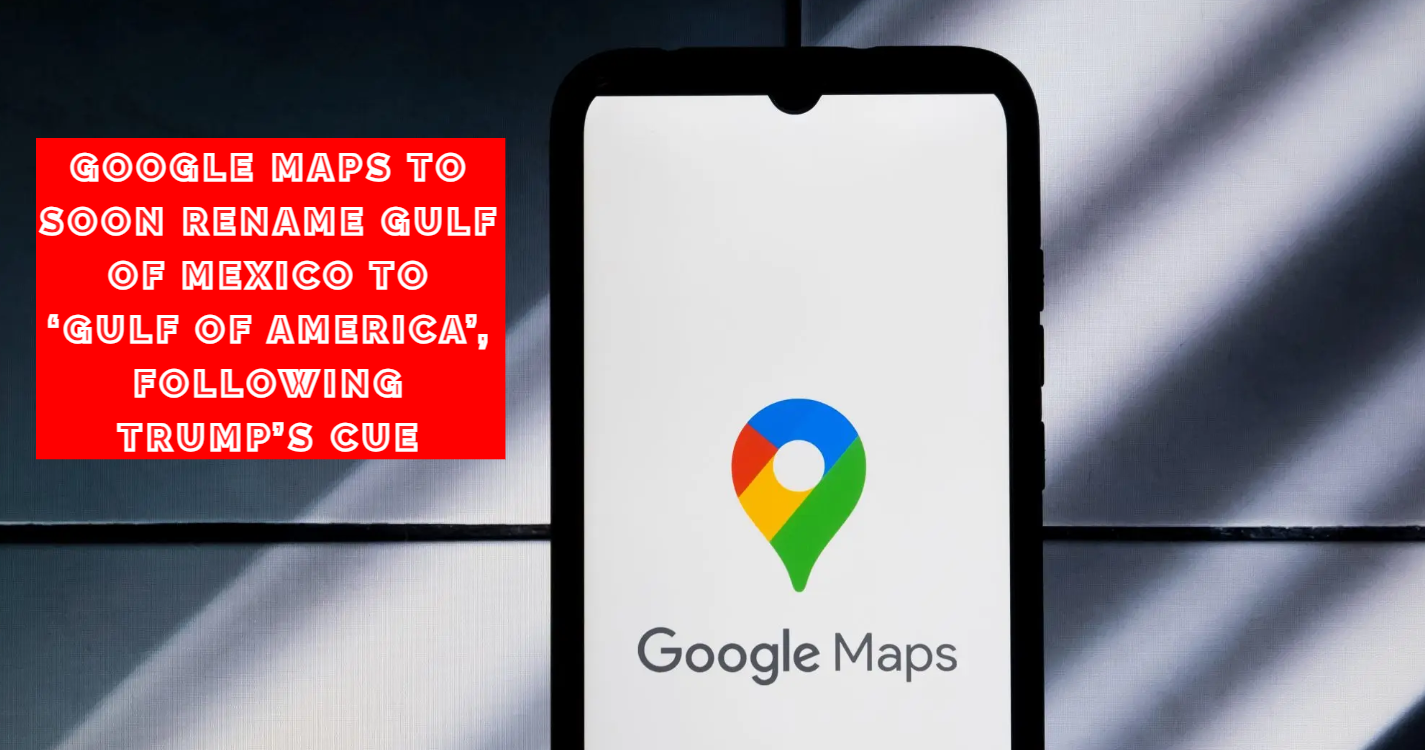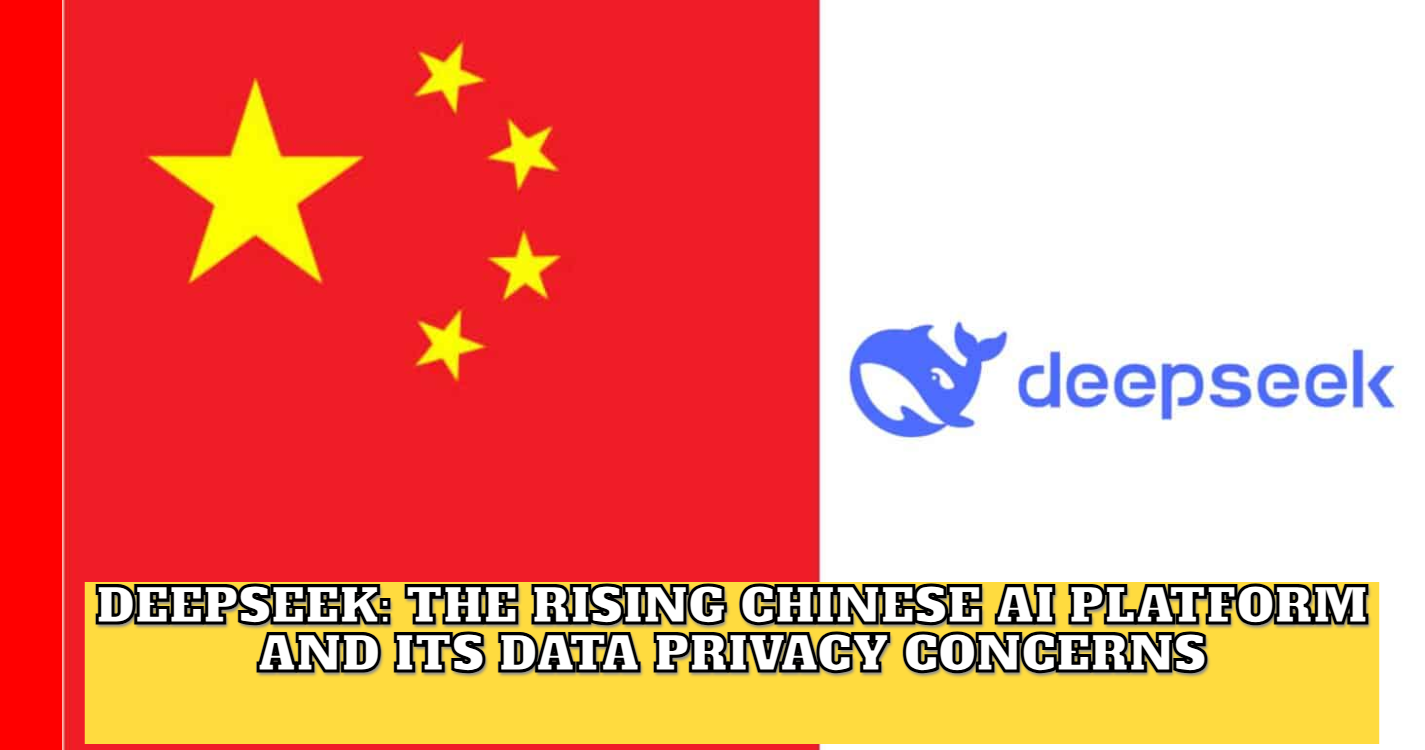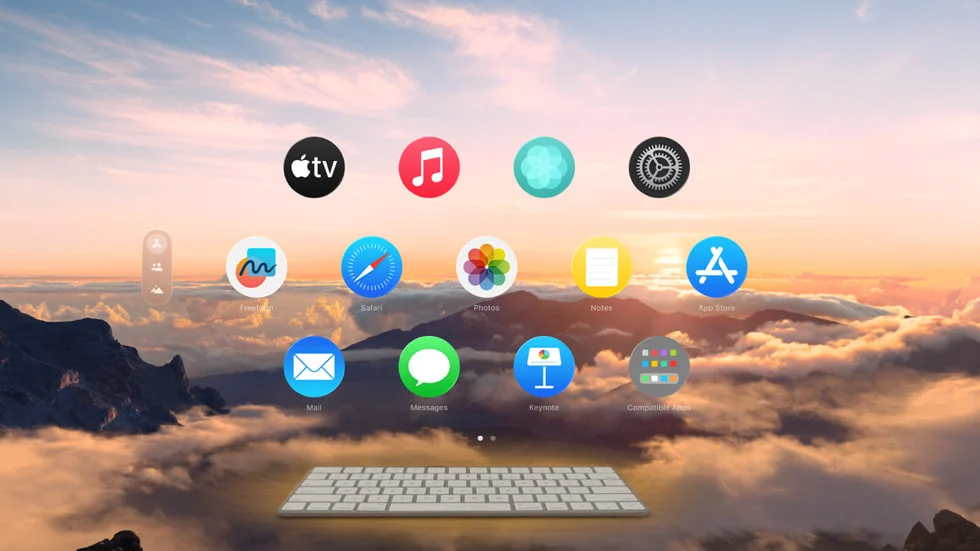In a surprising turn of events, Google Maps has announced that it will be renaming the Gulf of Mexico to the “Gulf of America” on its platform. This decision comes after former U.S. President Donald Trump’s vocal suggestion of the name change in one of his speeches. The change has stirred up debates across various sectors, from geographical experts to political commentators, as it touches upon issues of national identity, historical significance, and even global diplomacy.
In this article, we will explore the reasoning behind this change, the potential implications, and the reactions from different groups. We will also cover the timeline for the update and how it may affect Google Maps users worldwide.
1. The Upcoming Name Change
| Detail | Information |
| Old Name | Gulf of Mexico |
| New Name | Gulf of America |
| Proposed By | Donald Trump (Former U.S. President) |
| Platform Affected | Google Maps, potentially other mapping services |
| Reason for Change | To reflect a sense of American ownership |
| Expected Rollout Date | 2025 |
This decision to rename one of the world’s most well-known water bodies is expected to roll out soon on Google Maps, with many wondering what prompted this change and what it means for the future.
2. Why is the Name Change Happening?
A. Trump’s Influence and National Identity
Donald Trump, during his tenure as President, made several remarks about America’s geographical and cultural significance on the global stage. One of these included a suggestion that the Gulf of Mexico, which lies between the United States, Mexico, and Cuba, should be renamed the “Gulf of America” to reflect the United States’ central role in the region. While it initially seemed like a passing comment, the suggestion gained traction among some of his supporters, especially those who championed nationalism and the idea of reinforcing America’s dominant influence.
B. Political Motivation
For some, this name change is seen as an attempt to reassert America’s control over key regions in the Western Hemisphere. With tensions over immigration, trade policies, and border issues, renaming the Gulf could serve as a symbolic gesture to reinforce the notion that certain regions are inherently tied to American influence.
C. Geographic and Historical Considerations
The Gulf of Mexico has been historically recognized for its connection to the Mexican coastline as well as the broader Central American region. Changing its name to the Gulf of America may not sit well with those who view the Gulf as an international body of water with a rich history shared by several nations, rather than a region that solely belongs to the United States.
3. Potential Implications of the Name Change
A. Diplomatic Reactions
International relations could be affected, especially with countries like Mexico, Cuba, and other Caribbean nations. The Gulf of Mexico has been a shared resource for centuries, with its waters providing fishing grounds, trade routes, and tourism opportunities for countries bordering the Gulf. Changing its name could be viewed as an act of territorial assertion, which could strain diplomatic ties between the U.S. and its neighbors.
| Country | Potential Reaction |
| Mexico | May view the name change as an encroachment on shared resources. |
| Cuba | Could see it as an assertion of U.S. dominance in the region. |
| Caribbean Nations | May be concerned about the broader implications for regional identity. |
B. Geographic and Cultural Significance
The name “Gulf of Mexico” has deep cultural and historical significance for the region. It has been used for centuries, and its name is tied to the histories of the indigenous peoples, colonial powers, and the nations that have lived along its shores. Rebranding it as the “Gulf of America” could be seen as an erasure of that rich history and a disregard for the cultural identities of the nations that share the Gulf.
C. Impact on Google Maps and Other Mapping Services
From a practical standpoint, the change on Google Maps will affect millions of users who rely on the platform for navigation, travel, and educational purposes. It may take some time for people to adjust to the new name, especially those in regions outside of the United States who are accustomed to the Gulf’s original name.
Additionally, Google Maps is often used for educational purposes, and the renaming could have consequences for the teaching of geography in schools, particularly in countries outside the U.S.
4. Timeline for the Rollout
Steps for the Change:
| Step | Expected Timeframe |
| Announcement | January 2025 |
| Testing Phase | Mid 2025 |
| Global Rollout | Late 2025 |
Google, known for its cautious approach to major updates, will likely test the new name in select regions before making the change globally. It’s possible that the name change will appear first in the United States before expanding internationally.
5. What Do Experts and Critics Think?
Supporters’ Viewpoints
Some people see this as a positive move that reflects the importance of the United States in global affairs, particularly in the Americas. Nationalists and some political commentators believe that such gestures can help reassert American power and influence in the region.
Critics’ Viewpoints
On the other hand, many experts in geography and international relations have raised concerns. Some critics argue that changing the name of the Gulf could disrupt diplomatic relations with neighboring countries, especially Mexico, which has long shared both a historical and cultural connection with the Gulf. Additionally, some environmental groups argue that renaming the Gulf could lead to the undermining of ecological cooperation between the countries bordering the Gulf.
The renaming of the Gulf of Mexico to the “Gulf of America” is a bold move that carries both symbolic and political significance. While the name change may resonate with some groups within the United States, it has stirred controversy and concern internationally. For many, the Gulf represents a shared heritage and a region of mutual cooperation, and the rebranding risks alienating the countries that have historically played an integral role in the Gulf’s identity.
As the change rolls out across Google Maps and potentially other platforms, it will be interesting to see how the world reacts and how this symbolic gesture might influence future political and diplomatic relations in the Americas.








